Speaking human in an AI World: further findings from the Tech Council’s recent report.
There's likely something comforting about the predictability of a computer science degree. Four years, structured curriculum, clear progression from ‘Hello, World!’ to complex algorithms.
It's a well-worn path that's served the tech industry well. But, as AI reshapes what we actually need humans to do in technology roles, we keep wondering if we're preparing for yesterday's problems by focusing so much on the university/graduate pipeline.
The Tech Council of Australia's recent report The Leaky Pipeline: Women in Highly Technical Roles got us thinking about this more.
While AI and Big Data top the list of fastest-growing global skills, we're still largely recruiting and training as if we're building software the same way we did in 2015.
The irony is, as machines become better at writing code, we're still primarily valuing humans who can already write code.
If you speak to any customer service rep, you'll find someone who can diagnose complex problems in real-time, often with incomplete information. They navigate emotional complexity, translate between technical limitations and human needs, and somehow maintain empathy while troubleshooting systems that seem designed to frustrate everyone involved.
You can only imagine the irate types they deal with on the reg, on the other end of the phone…
These aren't soft skills. They're increasingly the hard skills that differentiate human value in an AI-augmented workplace.
We’ve seen this play out in our work with orgs undergoing digital transformation. The person who understands why customers behave certain ways often grasps data patterns more intuitively than someone who's technically proficient but customer-blind.
It’s both exciting and fascinating how quickly these transfers happen when the right foundation exists. With an end-to-end digital pathway like Neoma, we’d see people move into productivity in technical roles in weeks, not months, because they're not starting from zero.
They're applying existing problem-solving frameworks to new tools and contexts.
The future of technical talent isn't about finding people who already speak Python fluently, rather it's about finding people who already speak Human fluently and teaching them to collaborate effectively with increasingly capable AI systems.
The customer service representative who can de-escalate a frustrated client while simultaneously diagnosing a complex system failure is someone who understands the intersection where technology meets real human needs.
As AI handles more of the routine coding, the premium shifts to people who can bridge worlds - technical enough to work with smart systems, human enough to solve problems that still require intuition, empathy, and creative thinking.

